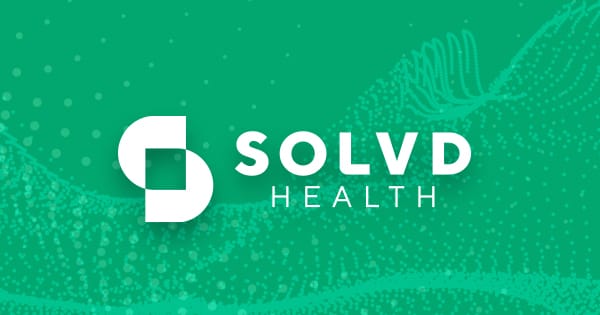December 19, 2023 – Today, the U.S. Food and Drug Administration approved the first test that uses DNA in assessing whether certain individuals may have an elevated risk of developing opioid use disorder (OUD). As part of a clinical evaluation, the AutoGenomics, Inc. AvertD test is intended to be used prior to first exposure to oral opioid pain medications in patients being considered for a 4-30 day prescription for the treatment of acute pain, such as in patients scheduled to undergo a planned surgical procedure.
The AvertD test, a prescription-use only genetic laboratory test for patients 18 years and older, is to be used only with patients who consent to the test and have no prior use of oral opioid analgesics. The test is administered by a health care provider by swabbing the cheek of a patient to collect a DNA sample that will be used to determine if a patient has a combination of genetic variants that may be associated with an elevated risk of developing OUD. This information should be used as part of a complete clinical evaluation and risk assessment; it should not be used alone to make treatment decisions. The test is not intended to be used in patients being treated for chronic pain. AvertD may help patients who are concerned about being treated with an opioid for acute pain make better informed decisions.
In August 2022, the FDA introduced the FDA Overdose Prevention Framework. Through the Framework, the agency has taken steps to address the drug overdose crisis and substance use disorder, including the approvals of the first nonprescription naloxone nasal spray product and the first generic nonprescription naloxone nasal spray product in March 2023 and July 2023, respectively. The FDA also published draft guidance on Clinical Considerations for Studies of Devices Intended to Treat Opioid Use Disorder in July 2023.
As part of the approval order, AutoGenomic, Inc. must provide training to health care providers to help ensure appropriate use of the test and conduct a large post-market study assessing device performance in patients, regularly reporting progress made toward completion of that study to the FDA.
An earlier version of the AvertD test was the focus of an October 2022 advisory committee meeting, in which a panel discussed data and information related to the test, provided recommendations and voted on the De Novo request for the test. Following the advisory committee meeting, FDA worked with AutoGenomics, Inc. as it modified its test. AutoGenomics subsequently submitted a Premarket Approval application (PMA) for the modified test. The advisory committee’s feedback helped inform the FDA’s evaluation of the test and today’s decision, including the conditions for approval.
The primary risks associated with AvertD, as with any in vitro diagnostic test, are false negative and false positive results. A false negative result could lead to a false sense of security for a patient who is at increased risk of OUD, and/or a health care provider considering prescribing an opioid analgesic which could result in a provider prescribing an opioid analgesic to a patient to whom they would otherwise not do so. The risks of a false positive result (i.e., incorrectly identifying an individual as having a higher risk of OUD) include inadequate pain management due to avoidance of opioids, which may prevent patients from receiving optimal medical care to treat their acute pain. The risks of false negative and false positive results can be mitigated, in part, through accurate, transparent product labeling and a health care provider training program. It is critical that users of the test (health care providers and patients) understand how to interpret the test result and use it not in isolation, but as part of a comprehensive clinical evaluation and risk assessment.
The FDA recognizes that in premarket decision-making for devices, there generally exists some uncertainty around benefits and risks. Given the totality of available evidence and the urgent need for medical devices that can make a positive impact on the overdose crisis, and specifically devices that can help assess the risk of developing OUD, the FDA determined that there is a reasonable assurance of AvertD’s safety and effectiveness, taking into consideration available alternatives, patients’ perspectives, the public health need and the ability to address uncertainty through the collection of post-market data. The PMA incorporates very precise conditions of approval, including mandating a post-approval study and the monitoring of test performance.
The opioid crisis, one of the most profound public health issues facing the United States, calls for innovative measures to prevent, diagnose and treat opioid use disorder, including to assess the risk of developing the disorder. The FDA also has previously granted marketing authorization to several medical devices intended to help individuals reduce the need to use opioid analgesics. The FDA will continue to offer support and expertise to help with the development of medical devices that address the evolving needs of the overdose crisis. This approval represents another step forward in the FDA’s efforts to prevent new cases of OUD, support the treatment of those with the disorder and decrease the misuse of opioid analgesics.
About SOLVD Health
SOLVD Health is a privately held company focused on preventing disease by making contextual health information accessible to everyone. Through the development of insights-based health tools, we are enabling individuals and their providers to make better decisions about their health and the health of their families. We accomplish this by translating complex biological signals into actionable patient data that can point the way to better health. To learn more about us, our solutions, and our career opportunities, visit us at www.solvdhealth.com.
Media Contact:
Public Relations pr@solvdhealth.com




